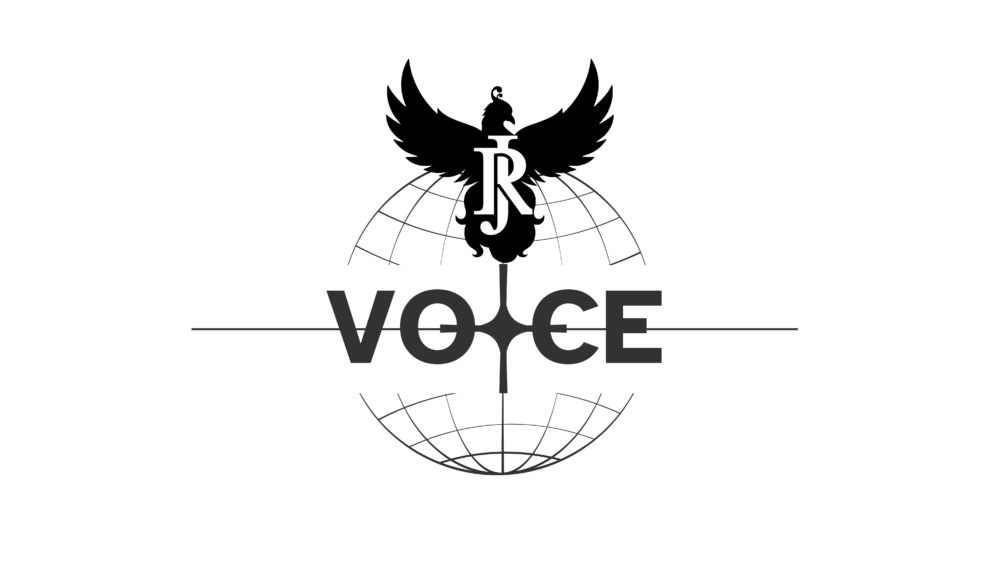U.S. President Donald Trump has extended for another year a set of sanctions targeting Russian individuals and entities, continuing the measures originally introduced by President Joe Biden in April 2021. The extension was made official through an executive order and documented in the U.S. Federal Register, highlighting the persistent friction between Washington and Moscow over a range of security and geopolitical issues.
The sanctions, initially established under Executive Order 14024, were implemented in response to a series of actions that the U.S. government accused Russia of orchestrating. These included cyberattacks targeting American institutions, interference in U.S. and foreign elections, attempts to harm or assassinate dissidents and American nationals abroad, and efforts to bypass international financial sanctions imposed after the 2014 annexation of Crimea and the escalation of the war in Ukraine in 2022.
The executive order provides the U.S. government with broad authority to freeze the assets of designated individuals or organizations, block their access to American financial systems, and restrict their travel. These measures have been used to target Russian oligarchs, government officials, and companies alleged to have ties with the Kremlin’s military or intelligence apparatus.
Trump’s decision to extend these sanctions is particularly noteworthy given his historically complicated stance on U.S.-Russia relations. During his first term in office, Trump faced criticism for what many viewed as a lenient posture toward Russian President Vladimir Putin. However, his administration did approve several rounds of sanctions, including those targeting Russian defense and energy sectors, in response to alleged poisonings and election meddling.
The move to renew the sanctions signals a continuation of America’s hardline policy toward Moscow, regardless of the administration in power. It also comes at a time of heightened geopolitical tension, with Russia continuing its full-scale invasion of Ukraine and growing concerns in the West over the Kremlin’s role in destabilizing global norms.
From the Russian side, the Kremlin has consistently rejected the legitimacy of the sanctions. Kremlin spokesperson Dmitry Peskov reiterated in March that Moscow considers all sanctions imposed by Washington as “illegitimate” and politically motivated. Peskov emphasized that Russia views these measures as an attempt to exert pressure on its sovereignty and influence its internal affairs.
Russia has also implemented retaliatory measures over the years, imposing counter-sanctions on U.S. and European officials, banning certain imports, and limiting the operations of Western NGOs and media outlets within its borders. Moscow maintains that such actions are necessary to protect its national security and uphold what it views as an increasingly multipolar world order.
Meanwhile, Western leaders continue to use sanctions as a key tool of economic warfare aimed at curbing Russia’s capacity to finance and sustain its military operations. These restrictions are complemented by NATO military support to Ukraine, a factor that has further strained relations with Moscow.
The renewal of the sanctions package also comes as debates intensify in Washington over how to handle long-term strategic competition with Russia. Analysts point out that while sanctions have undoubtedly created economic pressure, particularly by targeting Russian banks, technology access, and energy revenues, they have yet to compel Moscow to change course on key foreign policy objectives.
As the war in Ukraine drags into its third year with no immediate resolution in sight, sanctions are expected to remain a central feature of U.S. policy toward Russia. Trump’s decision to uphold these measures reinforces the bipartisan consensus in Washington that Moscow continues to pose a significant geopolitical challenge—one that demands sustained diplomatic, military, and economic responses.






























































